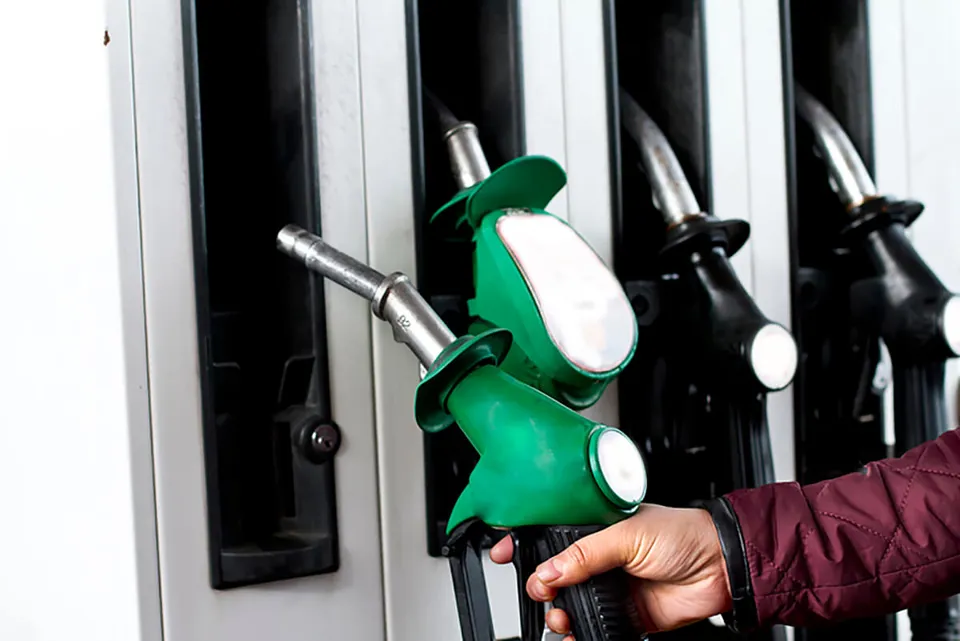One in three fleets is calling for the chancellor to remove the 3% diesel supplement in benefit in kind tax for company cars in the Budget on March 23.
It was introduced in 2002 to discourage the uptake in diesel vehicles because they were seen as producing higher levels of harmful air pollutants such as particulates and nitrous oxides.
However, the British Vehicle Rental and Leasing Association (BVRLA) has labelled the surcharge “out of date” and 37% of respondents agree, according to a Fleet News poll.
“This is the one glaring error in the entire company car tax regime,” said BVRLA chief executive, John Lewis. “It penalises company car users for selecting the very same diesel vehicles that have the lowest CO2 emissions in their class.
“This supplement is well past its use-by date – we know it and so does the government.”
The BVRLA believes that the UK needs a straightforward, technology-neutral company car tax framework which delivers clarity and certainty to road users. It says all this can be achieved while protecting tax receipts for the Exchequer.
One respondent to the Fleet News poll said: “If company car tax doesn’t take into account the mileage or age of the car, then the type of fuel should also be ignored.”
Diesel vehicles remain a popular choice for fleets according to the FN50 survey, which revealed that the proportion of diesel orders increased to 79% in 2010 compared to 72% in 2009.
Perhaps unsurprisingly, 31% of respondents are also calling for George Osborne to postpone April’s planned rise in fuel duty, while 18% would like to see the introduction of a fuel duty stabiliser.
Meanwhile, the BVRLA says that the advent of continuous registration laws and the increasing use of automatic number plate recognition (ANPR) cameras, means that the tax disc is now obsolete.
It claims abolishing it would save the DVLA over £90m a year in administration costs and eliminate a massive amount of paperwork for fleet owners.
Allowing companies to pay their vehicle excise duty on a multi-year basis would bring similar benefits and 11% of respondents to the Fleet News poll agreed.
Finally, despite the recent surge in fuel prices, the BVRLA says the current 40p per mile level of Approved Mileage Allowance Payments (AMAPs) is too high and encourages people to use their own, often older, less environmentally-friendly vehicles.
“We urge the government to align the rates to a level that represents the incremental cost of using a private car for business, rather than the total cost of ownership,” said Lewis.





















christopherparker6931 - 18/02/2011 10:20
The comment re the AMAP rate beign too high and the older cars being less envirnmentally friendly ignores the carbon cost of manufacture. Also assuming the cars are older, the rate is not significantly out given the higher repair costs. However not reviewing this rate on the same basis as the fuel rate appears to be inconsistent.